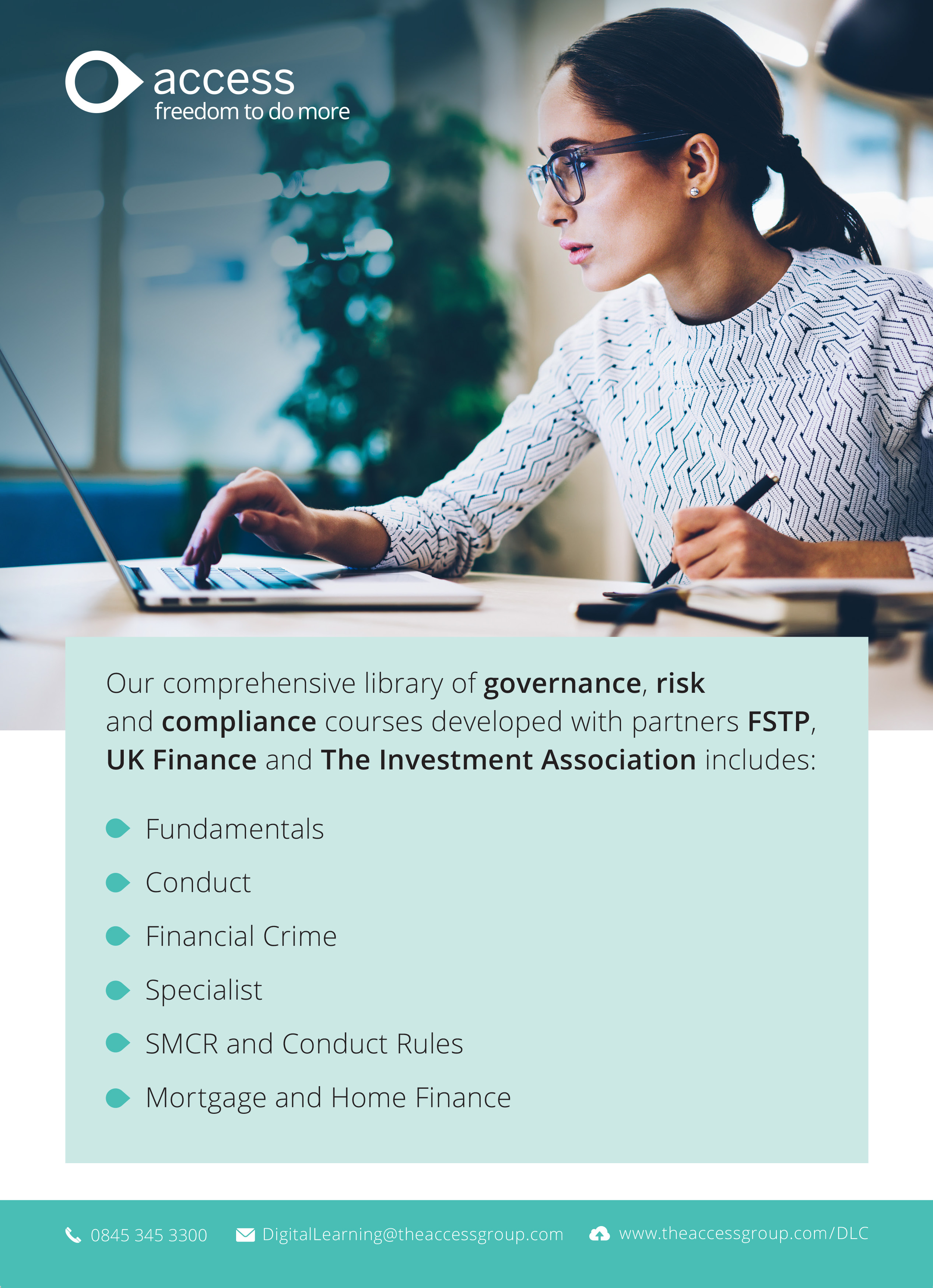The UK financial regulators are busier than ever. They are in contact with firms on Covid related matters and have devoted significant resources to their responses to coronavirus. They are also issuing information and updating guidance on an on-going basis. Regulatory visits are still taking place but in a different form.
Financial firms should certainly monitor the FCA site and (where dual regulated) the PRA site to ensure they are aware of the latest regulatory thinking. For regulatory meetings and visits with a Covid focus this will certainly be key. Other visits are also continuing and these may have an additional Covid flavour. For firms, preparing for and managing these meetings is as important as ever. It could also now be even more challenging than usual as some staff and / or some of the regulators may be operating remotely.
Following the introduction of the Senior Manager Regime, regulators have stressed that there are real and meaningful consequences for firms and individuals who don’t match up to regulatory requirements and expectations. For example: regulator driven work programmes; capital and liquidity add-ons; Section 166s; and various types of intensified supervision.
It can be helpful to think of regulatory visits as a sort of “team exam”, with the various written documents submitted and then a series of oral interviews leading to the assessment of a firm.
This is matched by an increasing number of cases taken to enforcement, and a very significant increase in fines for individuals since 2018/19.
Regulatory meetings and visits being remote add another element to the existing challenge. Then, on top of that, such a meeting can involve any of a firm’s staff. Regulators have increasingly focused on middle management and junior staff to get a better idea of competency, controls and culture at the coal face.
So there are significant potential source of operational risk here. The majority of controls may be in very good shape in a firm, but it is all too easy for staff to underperform under the pressure of an artificial regulatory interview. People can mis-speak, give slightly conflicting answers, forget compensating controls, or be unable to evidence their statements. These can lead to regulatory concerns that are hard to allay – regulators have to be cautious and make sure they follow up thoroughly on any potential / perceived problems they come across in a visit.
It can be helpful to think of regulatory visits as a sort of “team exam”, with the various written documents submitted and then a series of oral interviews leading to the assessment of a firm. As with any exam, preparation and understanding of exam technique is the key to performing well. The ability to prepare staff for visits safely and remotely is even more important in our current times.
Preparing for and managing remote regulatory meetings
So, bearing in mind the above, let’s now look at some points to help you prepare for a successful regulatory meeting or visit.
Normally, regulatory meetings would be carried out face-to-face wherever possible and that makes it much easier to judge regulatory body language and interact effectively. But for the near future some firm’s staff and / or regulators may be participating remotely. One positive however is our now much greater familiarity with modern virtual meeting software. As part of preparation this can be used to record personal or group practice to see how responses to difficult questions come over.
Although it is tempting to record the actual regulatory meetings, this shouldn’t be done without first obtaining the regulator’s permission. And it is worth considering that recording regulatory meetings can look very defensive. It is generally much better to have a note taker or observer. Of course as a courtesy let the regulator know if a note taker will be present regardless of whether they will be visible. (The regulators usually have no objections to notetakers except in meetings with Audit or NEDs.)
Even though we are all getting more familiar with virtual meeting etiquette, it is worth remembering that it is easy to talk over others in virtual meetings. It is good to leave pauses for others to speak, particularly the regulators!
Eye contact is a natural part of communication when face-to-face but much more difficult in virtual meetings. Staff contributing remotely should try look at the PC camera (to give eye contact) at least some of the time. It is very easy just to watch the regulators’ faces on screen.
All the normal regulatory meeting preparation techniques shouldn’t be forgotten. It sounds obvious but interviewees should read the material sent to the regulators and think about likely questions the regulators may ask. Quite often the documents provided are a month or more out of date by the time of the visit. Staff need to (re-)familiarise themselves with the documents and know the latest up to date position.
Some elements of preparation for regulatory interviews are similar to those for press interviews. Whether the meeting is taking place face-to-face or remotely, interviewees should prepare answers for a variety of questions and question types. Open questions in particular can be tricky. These are questions such as “what are the greatest risks?” “what are the main weaknesses?”. Staff need to be honest and open about issues but they should also be very clear about mitigations and enhancements.
Real life examples can bring controls to life, and memorable examples should be prepared ahead of the visit. Just be careful that others being interviewed also know the examples and there are no accidental contradictions. Regulators have a habit of cross checking!
As mentioned, the regulatory visit is an examination of the firm as a team. Questions will be repeated in different interviews, and the regulators will be watching how firms work as a team both within and across meetings. However, working as a team within a meeting can be more difficult when some participants are contributing remotely. This is another area where preparation and practice in advance (potentially using virtual meeting software) can help ensure the strength of the whole team comes over, not just the most senior or vocal individual in the meeting. This is particularly important for control functions where the regulators are keen to assess the strength of more junior members of the team.
Finally, regardless of whether some elements of the meetings are taking place remotely, the normal discipline of gathering interviewees’ or note takers’ impressions of each meeting should take place. This can help identify potential emerging regulatory issues. Teleconference calls or virtual meeting software can then be used to discuss such issues within the firm.
If an interviewee has accidentally misled a regulator, or a regulator has mis-interpreted something that has been said, this should be corrected as a priority. And if the regulator has identified an unaddressed area of significant weakness, this is the opportunity to consider possible actions the firm could take ahead of more formal discussions / letter on the matter from the regulator.
So there you have it. Both firms and the regulators are adjusting to having more remote / virtual elements in regulatory visits. While there are challenges there are also positives for firms in terms of ability to the use remote software of various types for preparing and training staff for successful regulatory meetings and visits.
To help prepare your staff for regulatory visits, take a look at our Interactive Training for Regulatory Meetings.
By Richard Whittington, Head of Digital Products at The Access Group and Lydia Bailey, MD at Metidian





